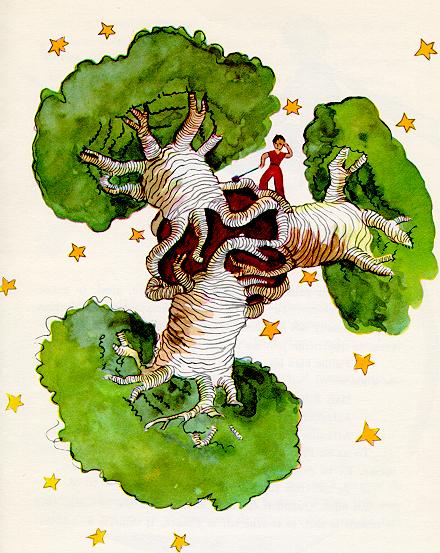Marx:
Today’s wage-labourer is tomorrow’s independent peasant or artisan, working for himself. He vanishes from the labour market - but not into the workhouse.
Sakai:
A study of roughly 10,000 settlers who left Bristol from 1654-85 shows that less than 15% were proletarian
many English farmers and artisans couldn’t face the prospect of being forced down into the position of wage-labor.
Is it the difference of time periods? I just noticed now that the time period Sakai is talking would be a pretty early period of colonization, wouldn’t it? So it may be that by Marx’s time of writing (late 1860s-early 70s?) it was proletarians headed to America and had been in recent historical memory?


I’m pretty skeptical of this. First, what does proletarian even mean when capitalism is still in the takeoff stage? Second, who is boarding a packed, disease-ridden sailing ship for a perilous months-long journey besides those with few other options?
The diggers and the levellers; both key figures in america, look em up. Religious fundamentalists who wanted freedom for white men and genocide for everyone else. They split from there lords over the contradiction of ‘you shall not kill’ in christians conciding with the class conciousness emerging in the serf class as they slowly began to read.
That was one of the first questions that they asked ‘if it says here you cant kill but you killed to gain the land we serfs work then you are not holy’ basically.
It appears that Sakai’s answer is that land hunger was so severe that, yes, petty bourgeois individuals would be willing to endure it to have something like the standard of living they had been used to.
Here is a quote he takes from ““Social Origins of Some Early Americans”. In SMITH, ed., 17th Century America. N.Y., 1972.”
You’re right that workers in the domestic system at that time, the pre-cursor to the proletariat, would not have the means to settle the colonies unless a corporate sponsor really needed their specialties.
All ships were disease ridden then, they are still disease ridden today, look at cruise ship statistics. The deadliest route to California from the US was a boat to Panama, taking the train across the isthmus, then a boat to San Francisco, an expensive itinerary. Highest rates of death occurred in this route due to disease. It was the poor and cheap who took overland wagons (which still cost a lot).